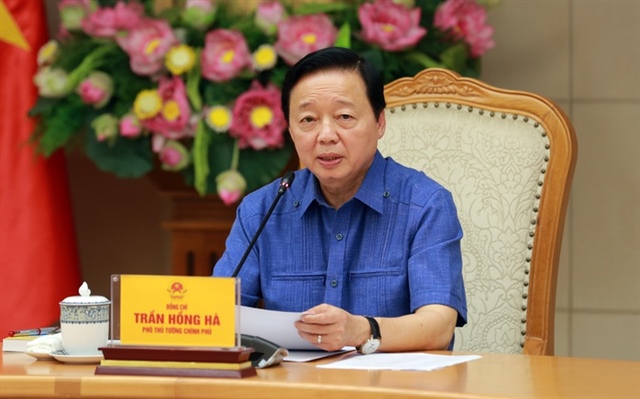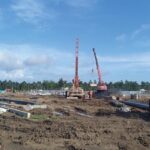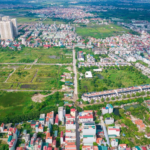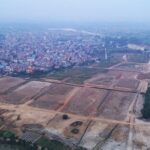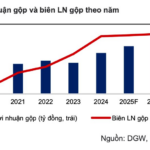In the afternoon of August 5, Deputy Prime Minister Tran Hong Ha chaired a meeting with ministries and branches, with online connections to 17 provinces and cities regarding the amendment of regulations on land use fees, land rental (Decree 103/2024/ND-CP), and the Land Development Fund (Decree 104/2024/ND-CP).
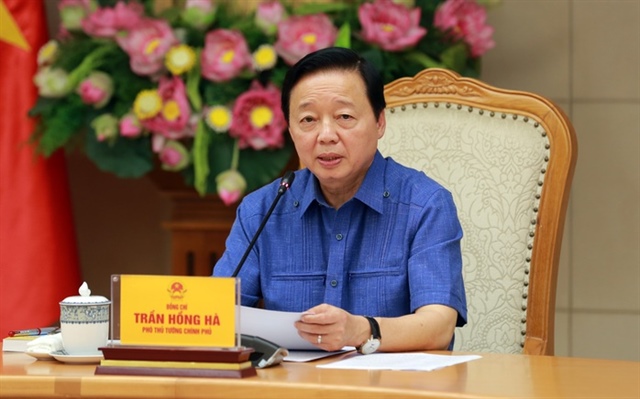
Deputy Prime Minister Tran Hong Ha directs at the meeting. Photo: VGP |
According to the Deputy Prime Minister, the 2024 Land Law was built with a listening spirit and a focus on grassroots levels, and has undergone fundamental revisions. However, during the implementation process, many localities faced difficulties, especially regarding land-related finances.
The issuance of legal documents lacked specificity and clarity, leading to inconsistent implementation and challenges in local application, particularly given the diverse economic, social, and demographic conditions. The organization and execution were inflexible and inappropriate. Therefore, amending the regulations in Decree 103 and Decree 104 is necessary to meet practical demands.
Reporting at the meeting, Deputy Minister of Finance Bui Van Khang shared that the content of Decree 103’s amendments and supplements includes six major groups, including issues related to land use fee calculation and land rental…
During the meeting, delegates discussed the groups of issues with differing opinions on amending and supplementing Decree 103, as well as the proposed solutions from the Ministry of Finance. Specifically, they agreed on the Ministry of Finance’s proposed plan regarding the collection amount and timing for the additional collection related to the period when land use fees were not calculated.
In the discussion, Deputy Prime Minister Tran Hong Ha drew attention to the principle of clearly defining the basis for collection amounts and timing, distinguishing between the responsibilities of the state and enterprises, ensuring fairness, and providing relief to enterprises for development while preventing wastefulness.
Regarding the calculation of land use fees when converting agricultural land to residential land, the Deputy Prime Minister noted that feedback from localities indicated a sudden surge in land prices, resulting in significantly higher payments for people compared to before.
Therefore, the Deputy Prime Minister instructed a distinction between those who legally use land for production and business and those who speculate or leave land fallow, delaying project implementation. For first-time land access for housing, calculation methods should consider payment capabilities and ensure practical access rights, especially in rural and disadvantaged urban areas.
Based on the general framework set by the Government, the Provincial People’s Councils will determine the subjects and collection amounts for first-time land use converters, as well as the difference between within and beyond the limit when converting land use purposes. Additionally, localities can apply exemption and reduction policies for land use fees for policy beneficiaries, such as ethnic minorities, the poor, people with achievements, and those residing in challenging areas, similar to current policies.
|
The Ministry of Finance also proposed solutions regarding the calculation of land use fees and land rental during the transition period in cases where the competent state agency recalculates and there is an increase in land use fees or land rental compared to the previously notified amount. Handling compensation, support, and resettlement expenses (for projects with multiple land use forms, cases where the competent state agency decides to allocate land according to the project’s progress, land retrieval progress, compensation, support, and resettlement); |
Minh Chien
– 19:53 08/05/2025
Establishing Hanoi’s Land Development Fund with a Chartered Capital of VND 6,000 Billion
The Hanoi Land Development Fund, with a charter capital of VND 5,900 billion, is a non-budgetary governmental financial fund that is non-profit in nature and directly managed by the Hanoi People’s Committee.
Is the New Land Price List for 2026 Going to Shake Up the Market?
To prevent shockwaves throughout the real estate market, it is imperative to bring transparency to the entire property valuation process and its underlying data. Land valuation cannot be a black-box operation; the valuation map, adjustment factors, calculation methods, and input data must all be disclosed to the public.
The Capital City of Hanoi Approves the Proposal to Restructure the Land Development Fund
“The proposal to streamline the Land Development Fund aims to consolidate financial resources efficiently. By doing so, it can promptly meet the demands for capital to facilitate land clearance and resettlement, as well as create a land bank for allocating land to implement land policies. This initiative ensures that the necessary funds are readily available to address these critical aspects of land development, ultimately serving the interests of the people and the nation.”
























